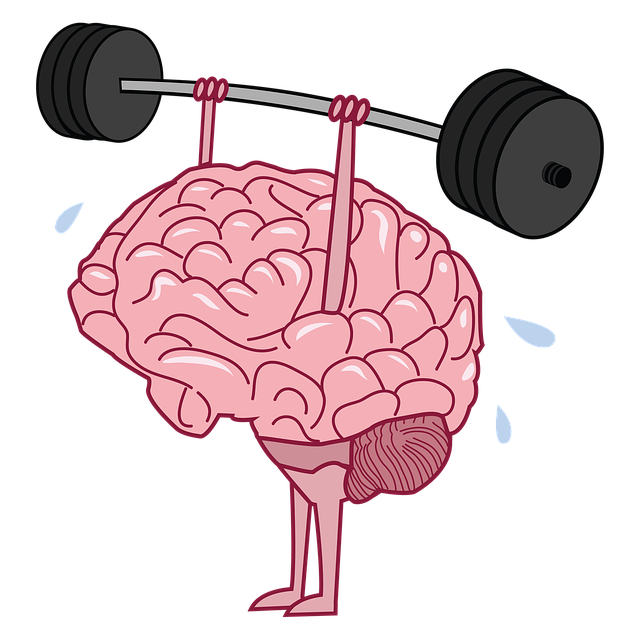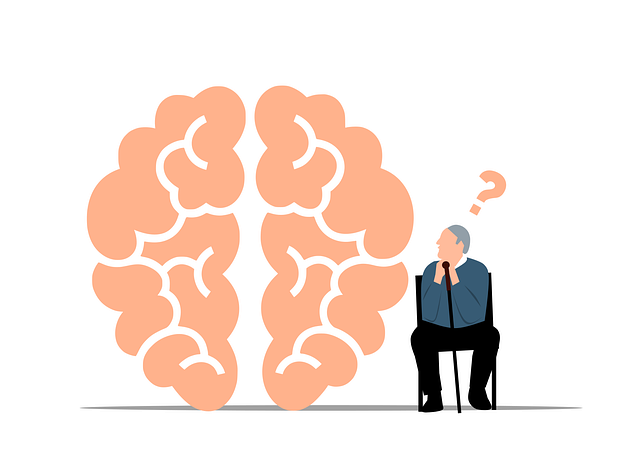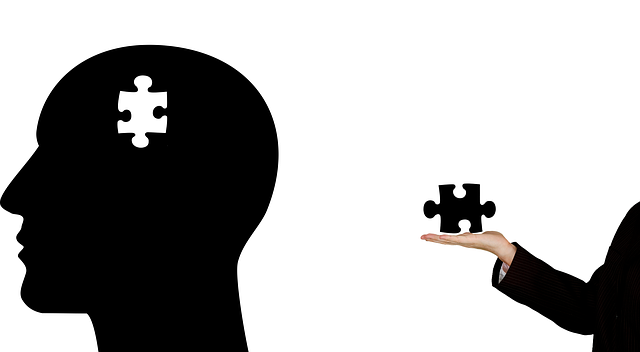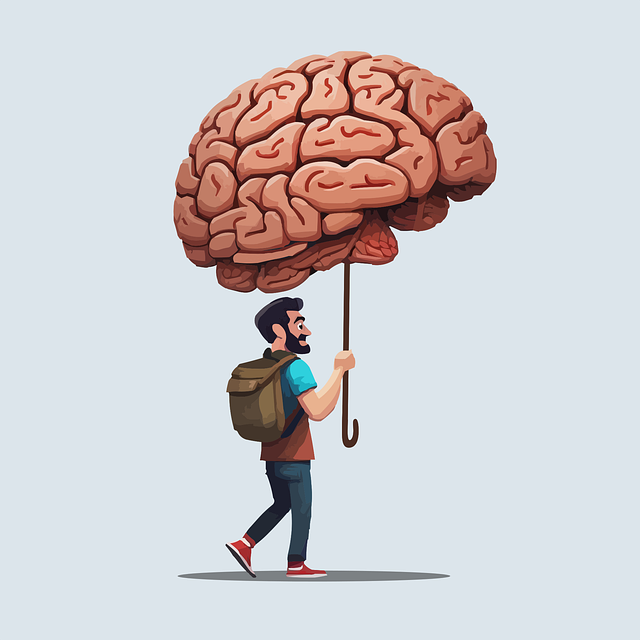Greenwood Village Major Life Transitions Therapy offers a comprehensive approach to emotional well-being during major changes, combining mindfulness meditation, compassion cultivation, and cognitive strategies. These evidence-based practices help individuals regulate moods, manage stress, and foster resilience through self-care routines, journaling, and creative outlets. By addressing lifestyle factors and promoting self-awareness, the therapy equips clients with tools to navigate life's challenges with enhanced emotional regulation and inner strength.
Mood regulation strategies are essential for maintaining emotional balance, especially during challenging times. In this article, we explore various techniques to help you navigate life’s ups and downs. From understanding the fundamentals of mood regulation to examining holistic approaches like Greenwood Village Major Life Transitions Therapy, we cover it all. Additionally, discover cognitive strategies, the power of mindfulness, and lifestyle adjustments designed to foster a positive mood environment.
- Understanding Mood Regulation: Unraveling Emotional Balance
- Greenwood Village Major Life Transitions Therapy: A Holistic Approach
- Cognitive Strategies for Enhancing Mood Management
- The Role of Mindfulness and Meditation in Regulating Emotions
- Lifestyle Adjustments: Nurturing a Positive Mood Environment
Understanding Mood Regulation: Unraveling Emotional Balance

Understanding Mood Regulation is a crucial step in navigating life’s challenges and major life transitions, as often experienced in Greenwood Village. Emotional balance is not a static state but rather an ongoing process that involves recognizing and managing our feelings effectively. This intricate dance between our thoughts, feelings, and behaviors forms the foundation for resilience during stressful times.
In today’s fast-paced world, where hustle and bustle can leave many feeling overwhelmed, various strategies have emerged to support mood regulation. For instance, Compassion Cultivation Practices and Mindfulness Meditation, techniques often explored in therapy settings, particularly during major life transitions in Greenwood Village, have been shown to enhance emotional well-being. These practices encourage individuals to observe their emotions without judgment, fostering a deeper sense of self-awareness and empathy towards oneself and others. Moreover, integrating these mindfulness strategies into daily routines can help buffer against the negative impact of stress, anxiety, and depression, as highlighted in research studies conducted by mental health professionals.
Greenwood Village Major Life Transitions Therapy: A Holistic Approach

Greenwood Village Major Life Transitions Therapy offers a unique and holistic approach to emotional well-being. This therapeutic model recognizes that major life transitions can significantly impact mental health, often leading to feelings of anxiety, depression, or disorientation. As such, it provides a safe and supportive space for individuals to explore these transitional periods and their effects on the self.
The program incorporates various evidence-based practices, including Compassion Cultivation Techniques and Emotional Healing Processes, aimed at fostering inner strength and resilience. Through these strategies, clients are empowered to navigate life’s challenges with greater equanimity. By focusing on both the mind and body, Greenwood Village Major Life Transitions Therapy facilitates a profound sense of self-awareness and emotional regulation, enabling individuals to embrace change while cultivating inner strength and a deeper understanding of themselves.
Cognitive Strategies for Enhancing Mood Management

Cognitive strategies play a pivotal role in enhancing mood management, especially during challenging times. Greenwood Village Major Life Transitions Therapy highlights the power of reframing negative thoughts and replacing them with more positive, realistic perspectives. This involves identifying distorted thinking patterns, such as all-or-nothing thinking or jumping to conclusions, and learning to challenge these thoughts with evidence-based reasoning. For instance, instead of dwelling on a single setback, individuals can reframe it as a temporary obstacle on the path to success, fostering resilience and adaptability.
Integrating Self-Care Practices and Mental Health Awareness into daily routines is another effective cognitive strategy. Engaging in activities that promote self-esteem improvement, such as journaling, meditation, or exercise, can help individuals gain a sense of control over their emotional well-being. By cultivating mindfulness and recognizing triggers for negative moods, people can proactively implement coping mechanisms tailored to their unique needs, leading to more stable and positive emotional states.
The Role of Mindfulness and Meditation in Regulating Emotions

Mindfulness and meditation have emerged as powerful tools for regulating emotions, especially during challenging life transitions. These practices, often incorporated into therapy sessions at Greenwood Village Major Life Transitions Therapy, enable individuals to cultivate a non-judgmental awareness of their thoughts and feelings. By observing emotional patterns without reaction, users can gain valuable insights into the triggers and responses that contribute to emotional dysregulation.
Meditation specifically helps in calming the mind and reducing stress levels, allowing for better emotional control. Regular mindfulness exercises, such as deep breathing or body scans, promote emotional well-being promotion techniques by fostering a sense of groundedness and self-awareness. These practices are particularly beneficial for trauma support services, as they can help individuals process past traumas and develop more adaptive coping mechanisms, ultimately enhancing their ability to regulate emotions effectively.
Lifestyle Adjustments: Nurturing a Positive Mood Environment

In Greenwood Village, Major Life Transitions Therapy often emphasizes the profound impact of lifestyle adjustments on mood regulation. Creating a positive mood environment involves intentional practices that can significantly influence one’s mental wellness. Compassion cultivation practices, such as mindfulness and gratitude exercises, are recommended to foster a sense of calm and contentment. Maintaining a structured routine with regular physical activity, balanced nutrition, and sufficient sleep serves as the foundation for stabilizing emotions. Additionally, engaging in creative outlets like art or music therapy can provide an outlet for expression and enhance overall mental wellness.
Journaling is another powerful tool within the realm of lifestyle adjustments. Mental Wellness Journaling Exercise Guidance encourages individuals to reflect on their thoughts, feelings, and experiences daily. This practice promotes self-awareness, helps identify triggers, and allows for the tracking of progress in managing moods. By documenting both positive moments and challenges, individuals can develop coping skills more effectively, making it an invaluable resource during stressful life transitions.
In conclusion, maintaining emotional balance is a multifaceted endeavor. From understanding the intricacies of mood regulation to adopting holistic approaches like Greenwood Village Major Life Transitions Therapy, cognitive strategies, mindfulness practices, and lifestyle adjustments, individuals have a range of tools at their disposal. By integrating these techniques into daily life, one can effectively manage moods, enhance emotional resilience, and cultivate a sense of well-being.










